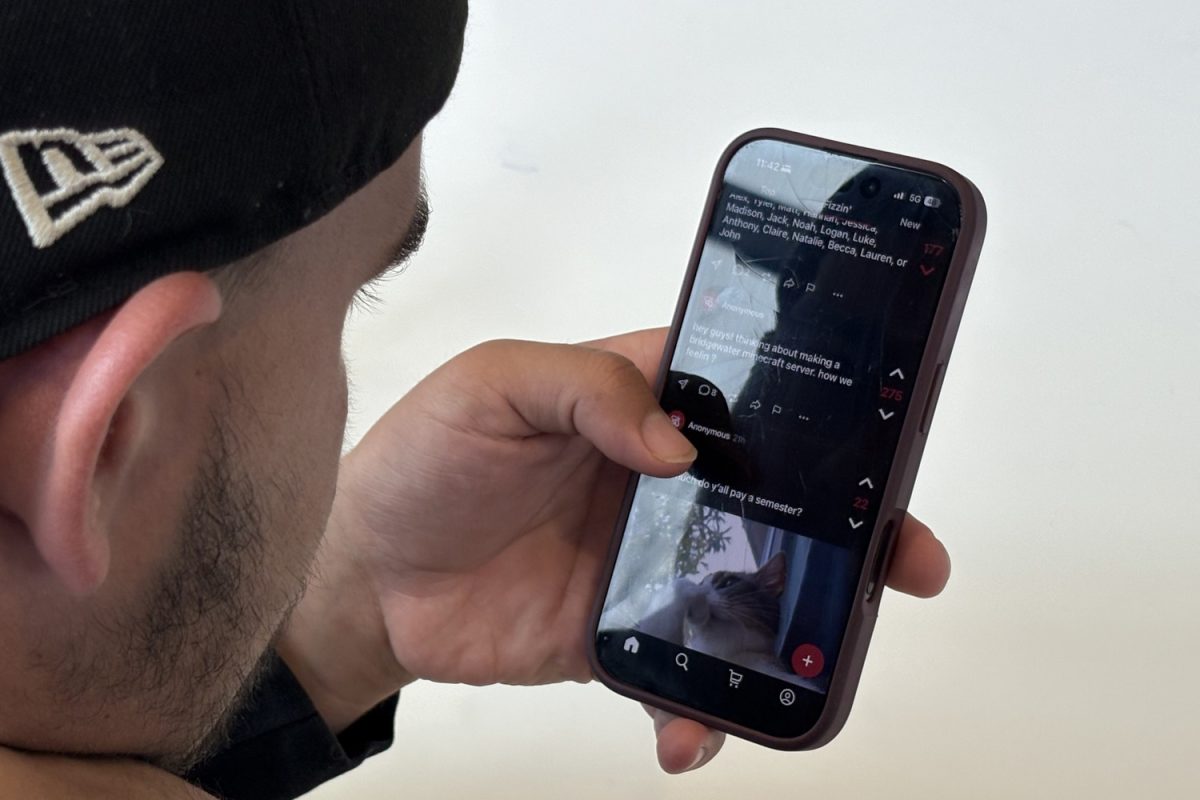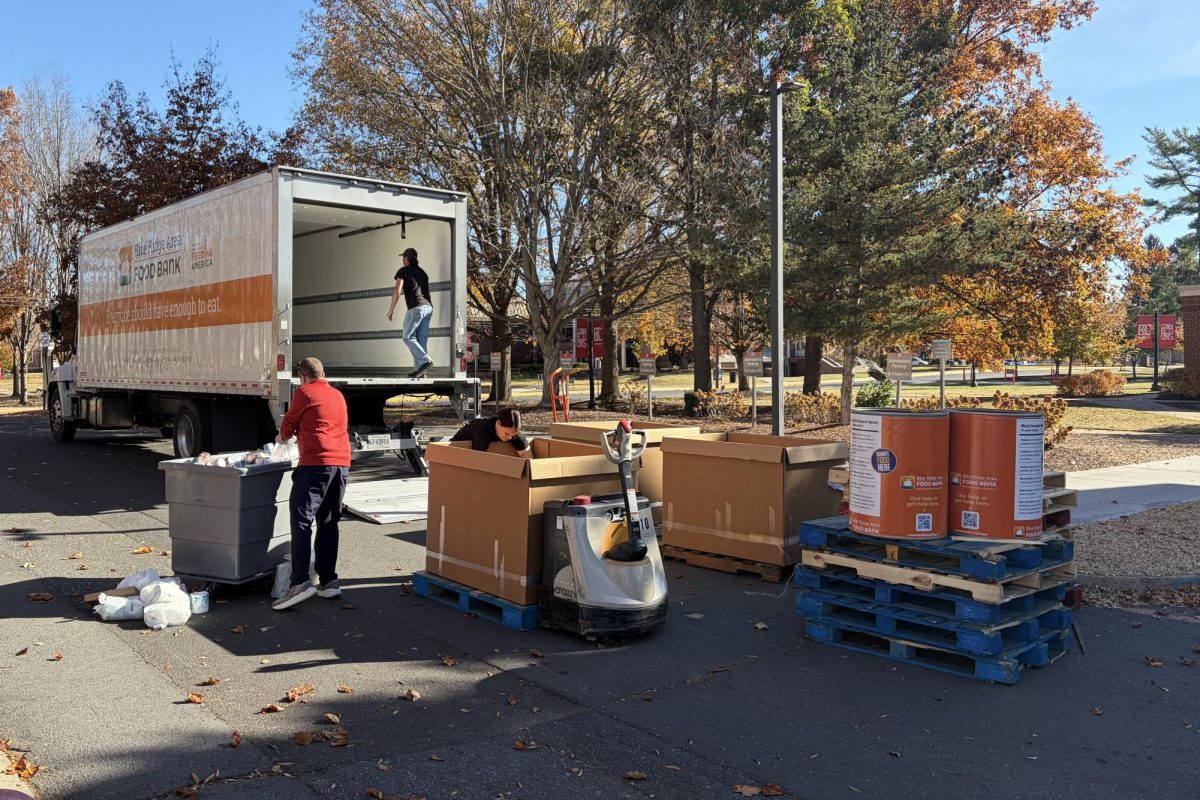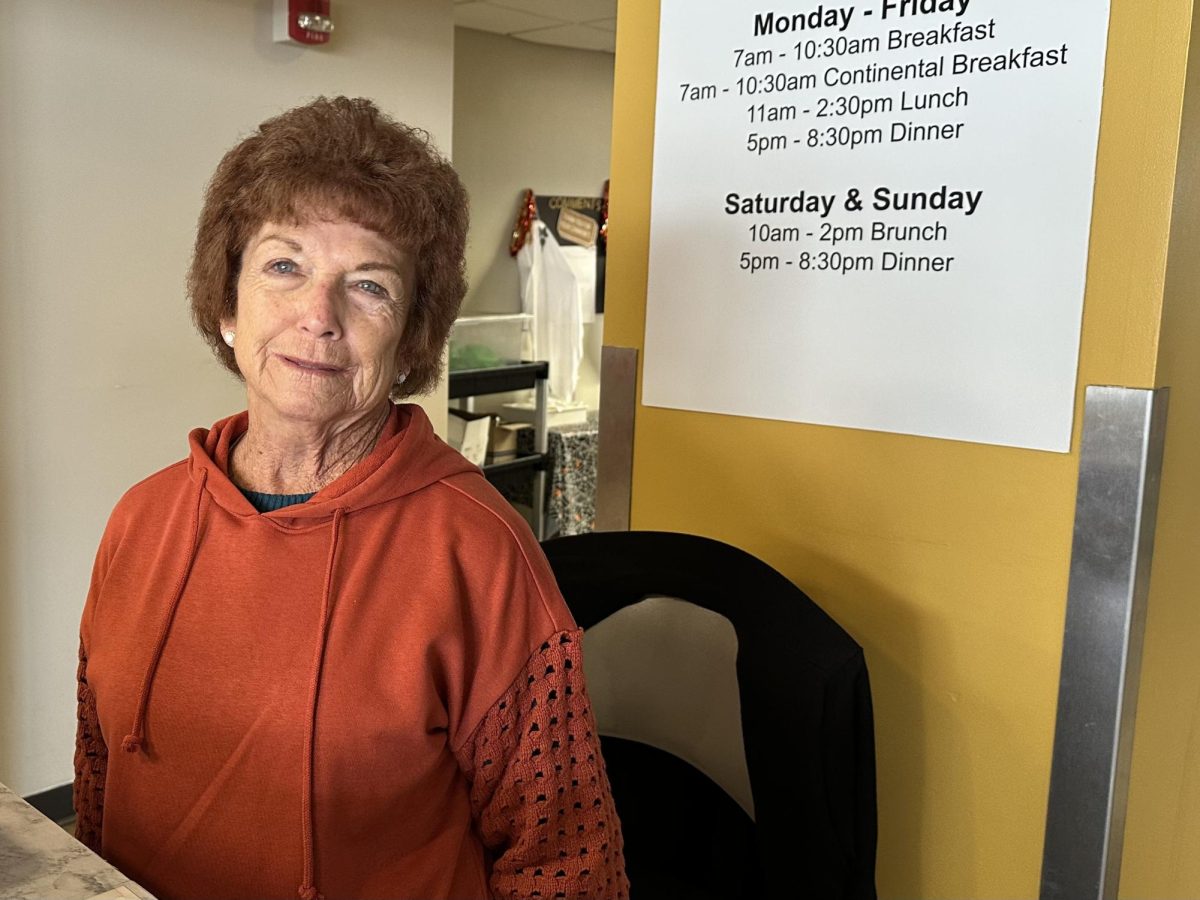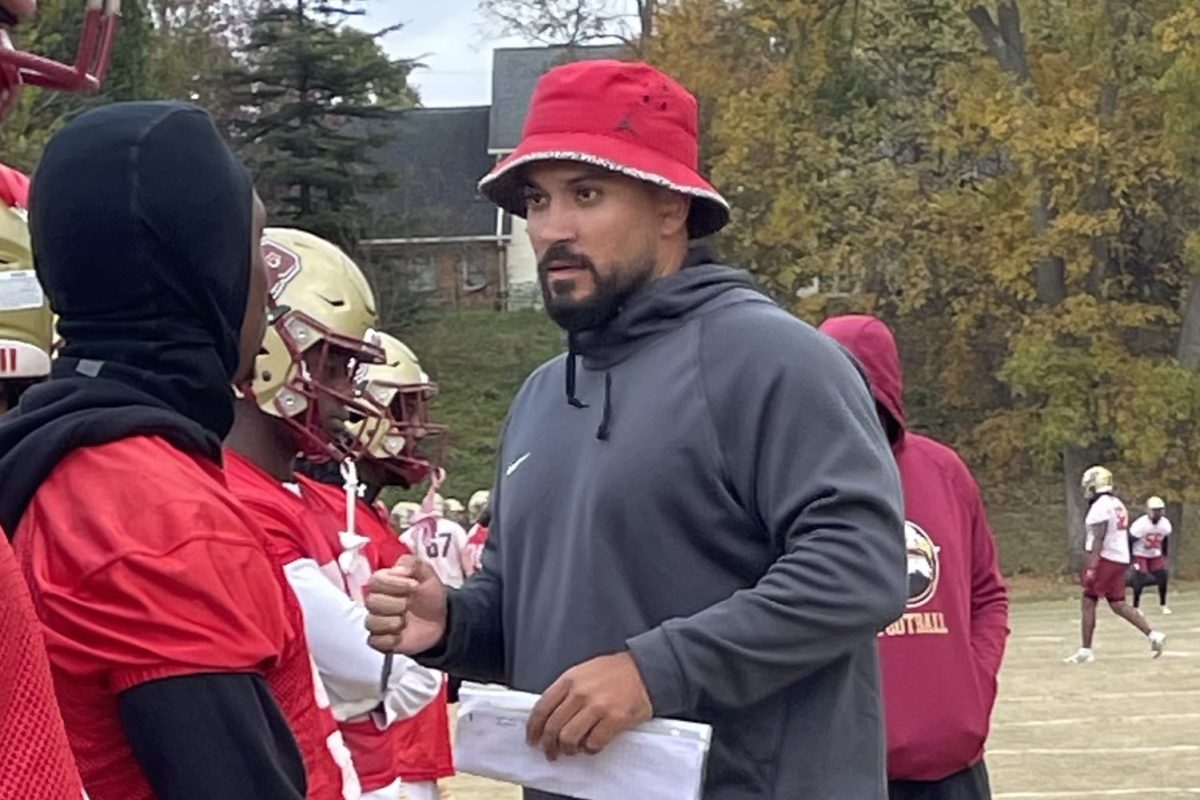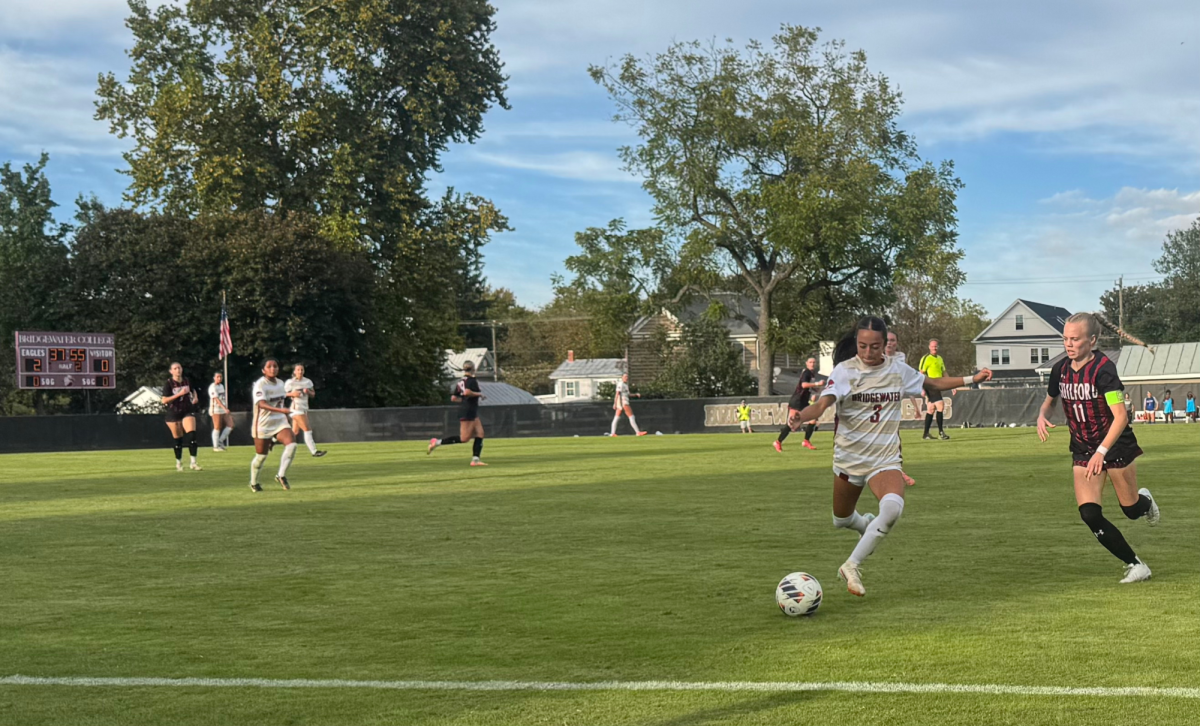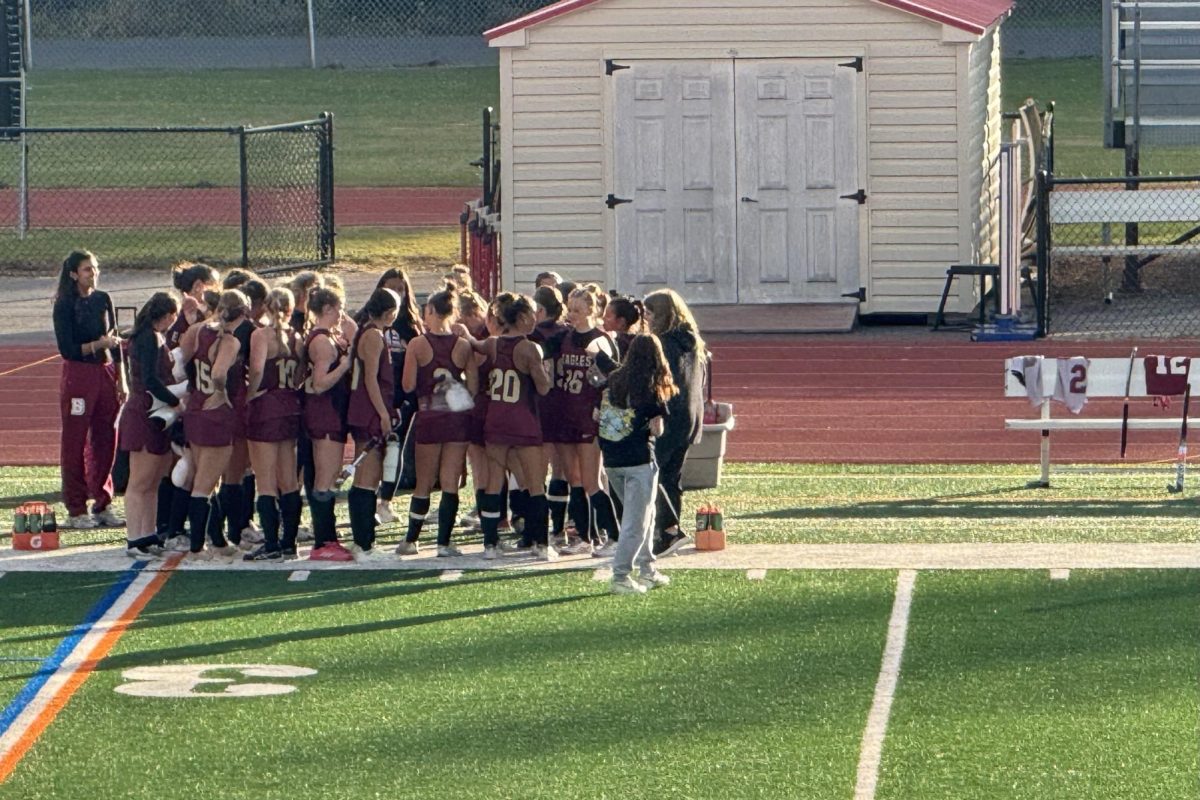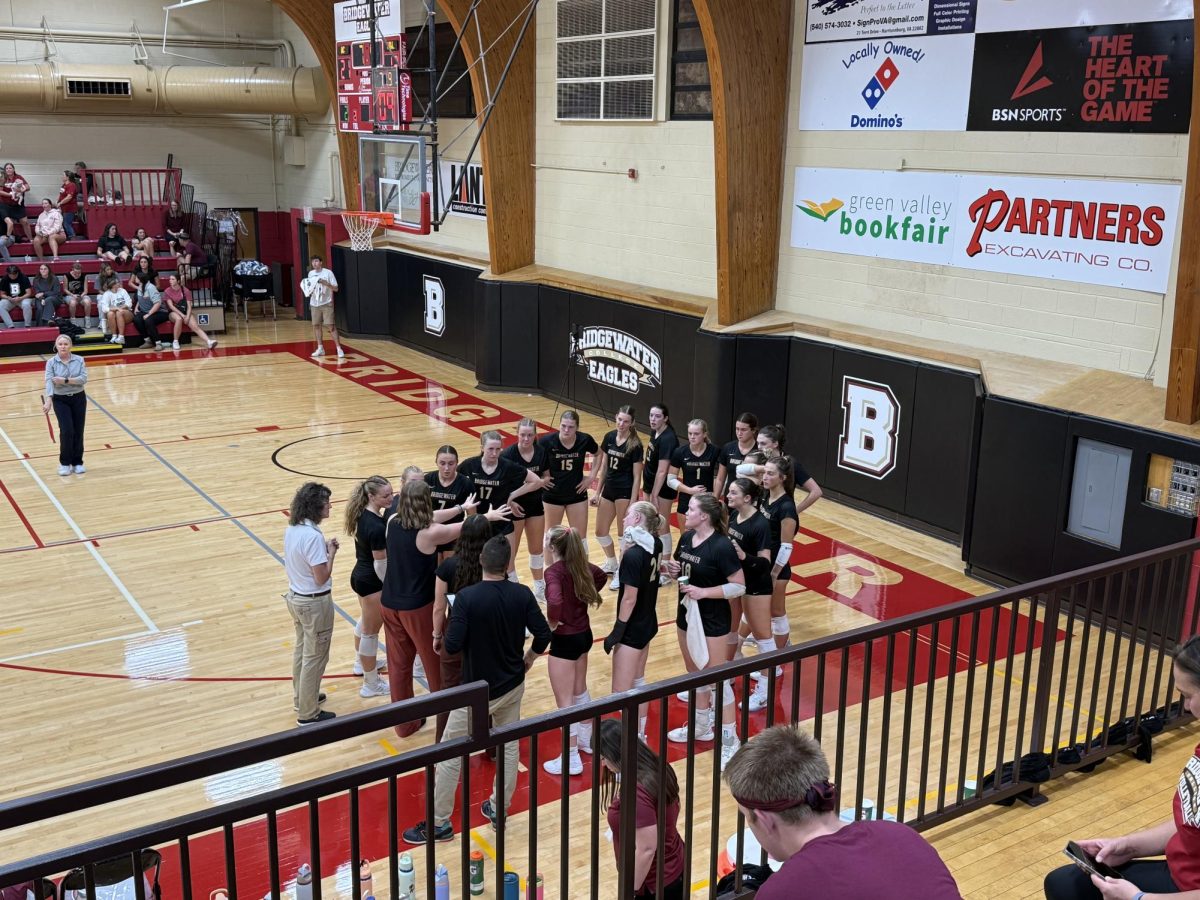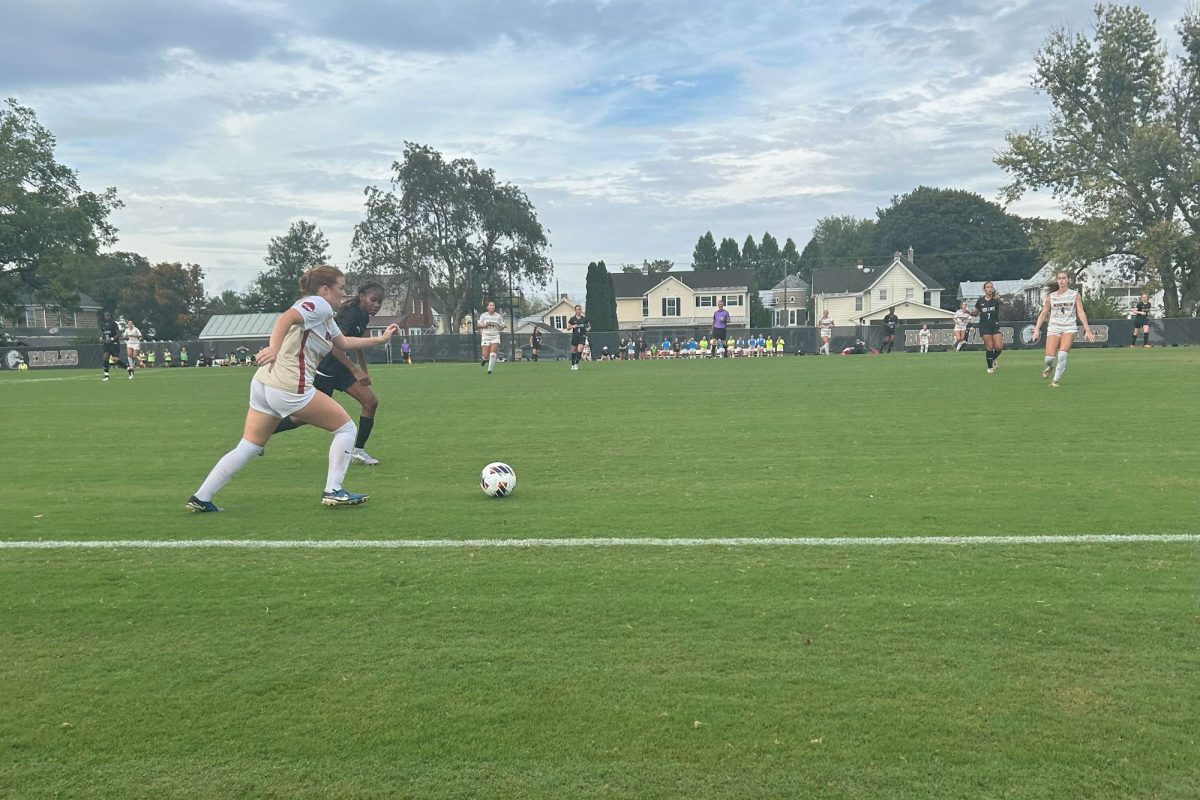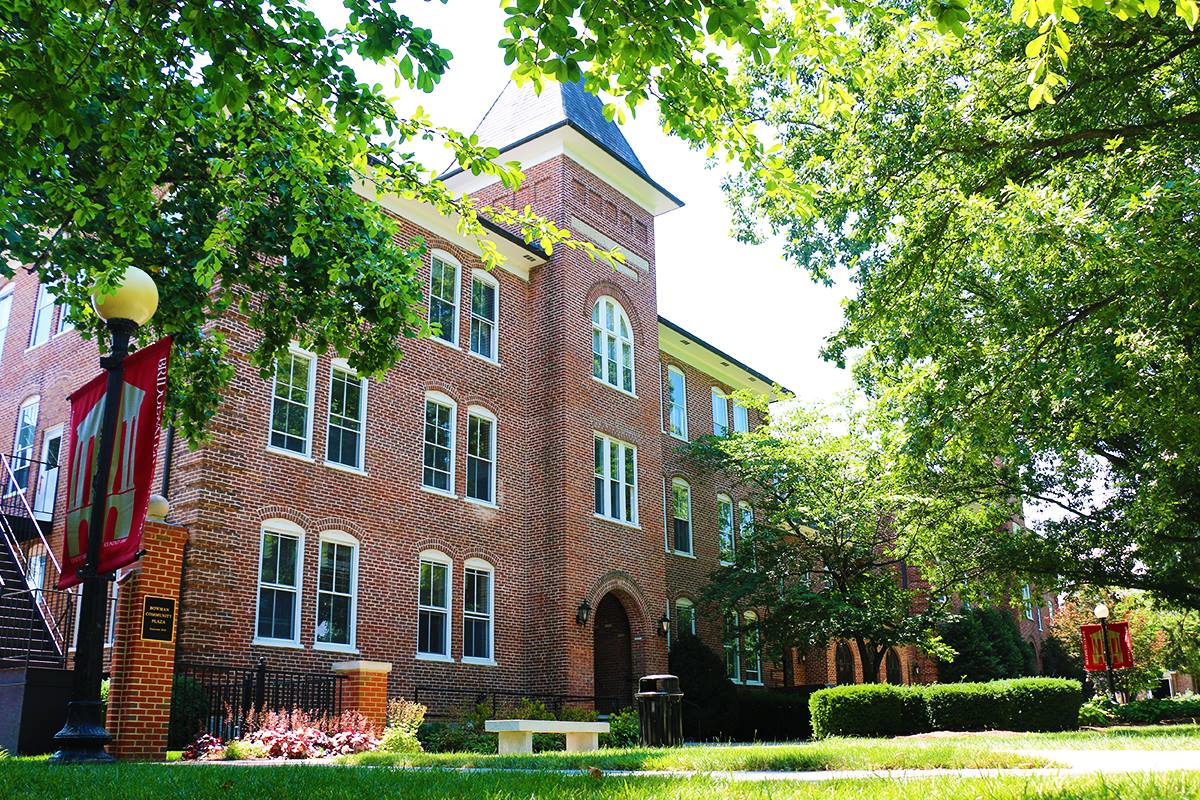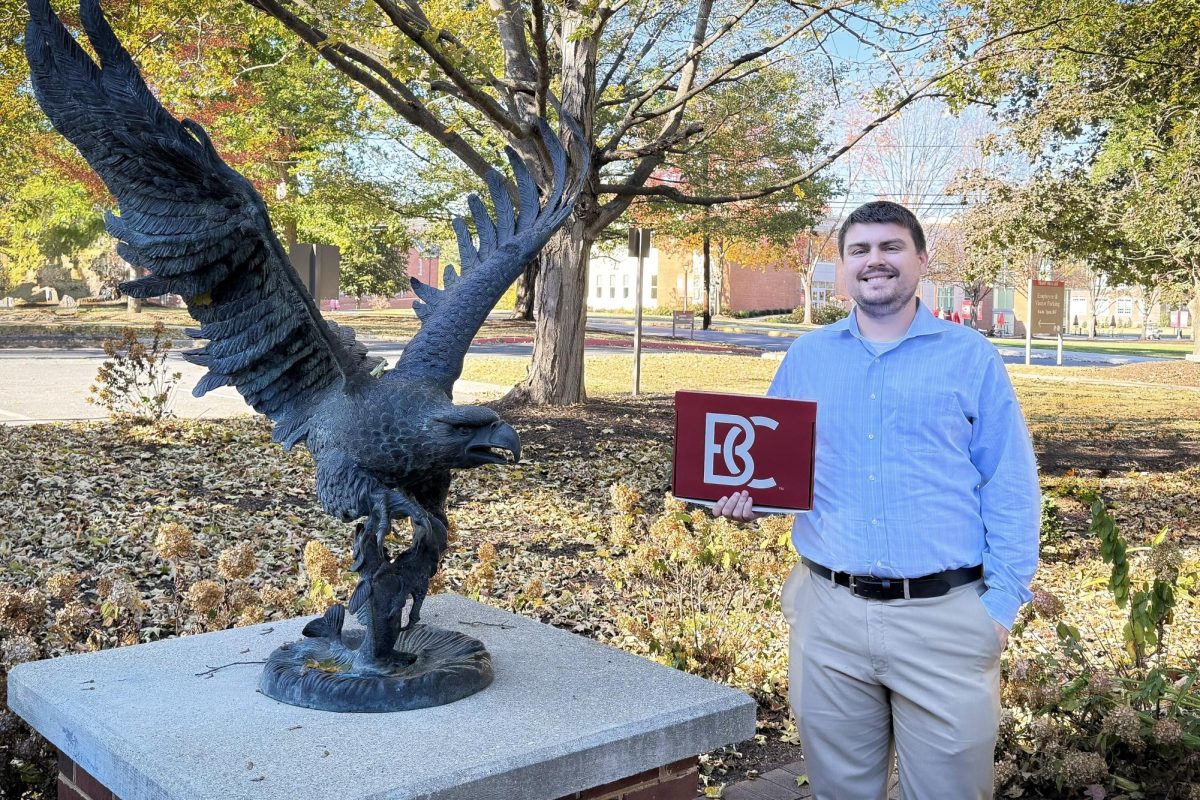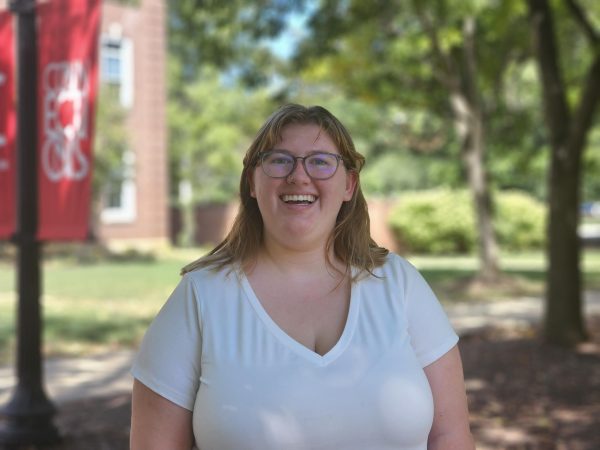Bridgewater, VA – Specialty Education majors feel that they are receiving inferior education to Elementary and Secondary majors due to the fact that the program seems to be better suited to their needs as core classroom teachers. However, not everything is as it seems.
On the surface, it looks like the Elementary and Secondary Education majors are getting a better education. The professors in the program have experience with elementary and secondary grade levels, and the classes are catered to those students in those particular majors. However, a deeper look will show that many elementary and secondary education majors are having similar problems.
When asked if they were getting a better education due to them being focused on a core subject, Student 3 said, “I definitely would say I feel more prepared, but that is not because of the Teacher Ed classes, that would be because of my major.”
Focusing on one core subject is ideal because the professors in a particular major can be a great resource for further growth, as well as having many faculty in the Teacher Education Department that have taught the core subjects. However, students are not able to get a grip on the full process of teaching for their subject due to the fact that they have classes with many different teaching concentrations at one time.
“I can absolutely understand the value in talking to your cross-curricular peers, and I can really understand the importance of doing that cross-content blending because that is real life application,” said Student 3. “However, when you’re learning how to teach one specific thing, and I’m only learning how to do that with a blend of other contents, it’s not focused. And if my job is supposed to be focused, how am I supposed to learn to do that?”
Many students also mentioned some of the classes that were not of use to them. “Classroom management was a joke,” said Student 4. “[We] had an adjunct professor, who was a principal, who, the entire time, did not teach [us] really anything, and [we] just kind of talked about [our] experiences and a lot of them were negative.”
“The entire point of the class is to pretend to be elementary schoolers, and the professor treats us as though she would an elementary school class to teach us curriculum and management techniques,” said Student 4.
Students feel like there is some bias in students’ classroom placements, as many students are closer to the person doing that than others.
“What makes or breaks your ed classes is if you have a good CT [Cooperating Teacher]. Since the only person who has any say on that is Dr. Carr, you better hope you have a good relationship with her,” said Student 3.
Students identified several issues with not getting placed in a classroom according to their content area across all of the areas of content. One student gave not only their experience and thoughts but also offered a solution to the problem.
“The placements are a mess, and there definitely needs to be a revision on how they pick who goes where because they are not meeting the needs for the most part,” said Student 3. “It is kind of like a shot in the dark if you make it.” Student 3 gave an example of this, mentioning that they were in an astronomy class which was “most definitely not related to what [they] wanted to teach.”
Student 3 also mentioned that “there was an experiment where [they] were all put in one school, in one classroom, for essentially a study hall in which divided the math down to six student teachers per student in the classroom.”
While there may be quite a few negative experiences, there were also positive moments that students were sure to include when talking about this program.
“The person who does placements was an elementary teacher,” said Student 4. “She taught elementary, so she handles elementary placements well.”
“Classroom management was really helpful,” said Student 3.
Student 4 did draw attention to the grade level placement mentioning that she did not get a placement in her desired grade level until senior year.
“I have been placed with all upper elementary, and I have said from the beginning that I want lower ed, but I am lucky that I have experience outside of Bridgewater with kids who are in lower elementary because I know I like working with lower elementary,” said Student 4.
Student 4 also noticed that many students come in with an idea of what grade level they would like to teach and are never given a chance to go into a classroom that the student may want until it is too late. This can lead to a lot of problems for students.
“They get no experience in a classroom in which they think that they want until their student teaching rolls around. By then it’s too little too late, so if you find out that you want to do kindergarten, and then you hate working with kindergarten, you are stuck there for your entirety of student teaching instead of putting you at a 20-hour placement with a lower elementary class,” said Student 4.
Students from all majors are seeing these faults in the system as well. No student I have talked to has been placed with a grade level they wanted till late in the game. “That is a placement fault because I have been told that is the strategy,” said Student 4.
“I would definitely say that is the fault of the coordinator because she is the person who makes that call,” said Student 3.
Student 3 also mentioned that she had never met with Dr. Carr before and was going off of a Google Form that was filled out their freshman year.
Student 3 specifically touched on what she referred to as “complete negligence and fault to look at the file,” when referring to how placements are assigned, stating that she had only been in 11th grade placements despite coming in wanting to teach middle school.
Like the Specialty Education students, not all of the experiences were bad, with some Elementary and Secondary Education majors reminiscing on the good times. Students were also asked what classes they felt prepared them most for teaching.
“That was the first placement that I had that was over ten hours, so it was really my first in-depth look on what the inside of classrooms look like,” said Student 3.
The students feel that some of the professors’ approaches are more helpful to some students than others due to their class type and communication within and outside of the classroom.
“Dr. Hough did a wonderful job of preparing us for our tutoring session but that wasn’t a classroom, that was a one-on-one session with a child. I didn’t feel prepared to walk into a classroom, but I felt very prepared to do reading tutoring,” said Student 4.
This is the second part of an ongoing series about the Teacher Ed Program. The next segment will provide a deeper dive into the education program itself and how it is structured to help its students become great teachers and also what aspects of the program need to be fixed.

